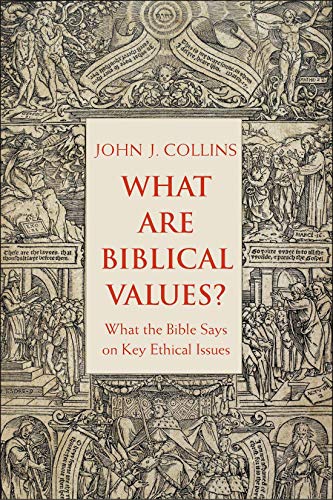What do you think?
Rate this book


296 pages, Kindle Edition
Published August 6, 2019
John J. Collins is Holmes Professor of Old Testament at Yale Divinity School. A native of Ireland, he has a doctorate from Harvard University, and earlier taught at the University of Chicago, and the University of Notre Dame. He has published widely on the subjects of apocalypticism, wisdom, Hellenistic Judaism, and the Dead Sea Scrolls and served as president of both the Catholic Biblical Association and the Society of Biblical Literature.
Slavery is no longer a matter of public debate. No one would now argue that because it is accepted in the Bible it should be accepted in modern society.
The strictures of 1 Timothy that a woman should learn in silence and that she must not teach or have authority over a man are no longer socially acceptable.